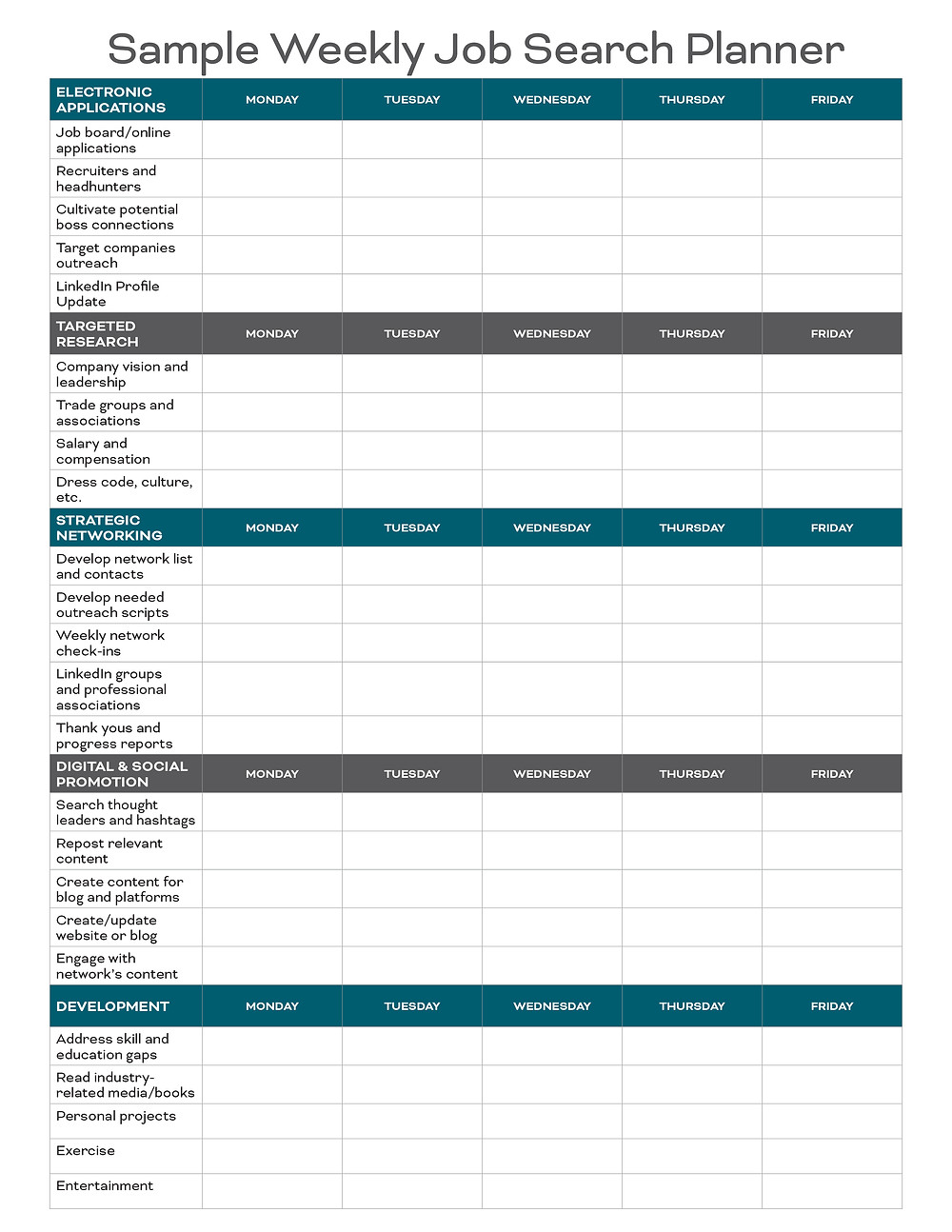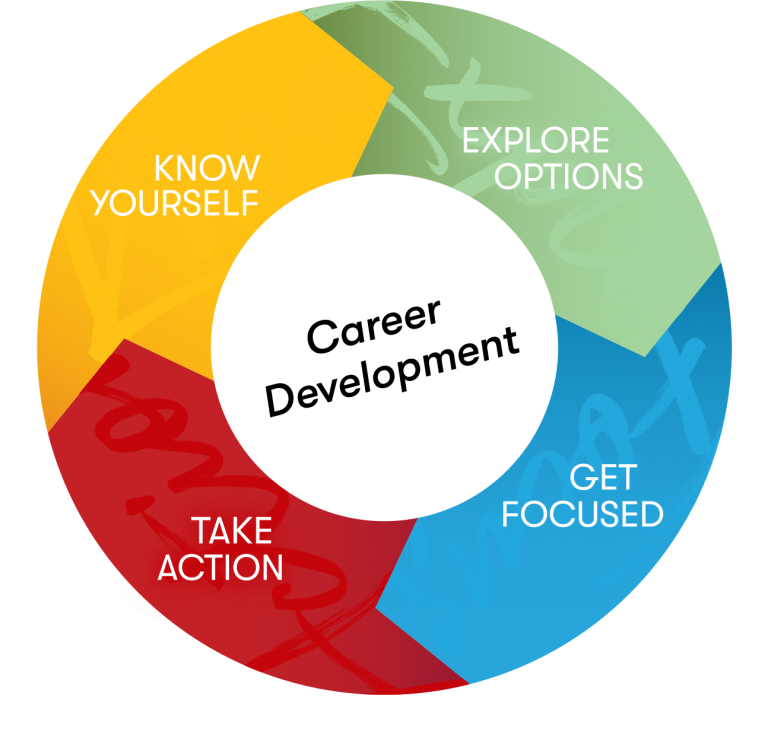
Changers in career need to gain new skills and knowledge to excel in their new job. A course or program that teaches you how to use your existing skills in a new context, understand business processes and the unwritten rules, can help you succeed. A career changer must establish a network of contacts, especially if most of their contacts are still in their previous occupation. It is possible to accelerate your career by taking advantage networking opportunities.
Learn from career changers who have succeeded
Successful career changers share one thing in common: they are constantly learning. They take responsibility for their development, and they experiment to learn new skills. This includes trying out new roles and different jobs. If they don't enjoy it, they change it. They are open to new challenges and will never stop following their passion.
While career change can seem daunting, it is possible to achieve success and happiness if done well. Consider your dream job. Begin with the ingredients. Make sure you are passionate about it. It is crucial to remain open and creative in today's uncertain and unpredictable world. You must also invest in a path to happiness.
Be willing to step out of your comfort-zone
To move out of your comfort zone and become a career changer, you need to seek feedback from others. This doesn't have be intimidating and can actually help you improve. Ask for honest feedback, positive or not, from everyone you work with.

Consider making some changes to your life. This could mean a change of diet, exercise, counseling, etc. It doesn't matter what, you need to be open-minded to taking on new challenges.
Make use of your network
Networking is a great way to find new career opportunities. You can find inspiration and advice from others in your field, as well as job opportunities. In addition, networking allows you to keep abreast of the latest trends and issues within your chosen industry.
Be proactive to leverage your network. Reach out to others and connect on social media. LinkedIn is a great tool for connecting with people interested in career changes. Your LinkedIn profile will also reveal your previous career paths. Ask for assistance from people who are familiar with your field and may even be willing to share their knowledge.
Budgeting for education
When budgeting for new careers, the most important aspect to consider is how much education costs. The cost of a new degree can be expensive, and you will need to take into account the interest on your student loans and time it will take to pay them off. Also, consider the possible salary after you complete the program. Planning is essential to be financially independent and able to achieve your career goals.
It is important to research all financing options to help pay for college if your decision is to go back to school. You have many options when it comes to aid. There are grants, scholarships and student loans. You may be eligible for need-based grants depending on your financial situation. This will help to reduce the budget burden.

Getting a job outside your zip code
Career changers and those who are looking to make a career shift should consider moving beyond their current zip code in order to have a better chance at landing a job. It may seem like a huge step, but it is worth the effort if the opportunity presents itself. By using some of the tips outlined below, you can make your move as seamless as possible.
You should start by researching all options. Check out the job market and research the available jobs. Use networking opportunities and ask for support from your family and friends. It is also important to set long-term milestones, and follow a schedule. Make a plan to help you succeed if it fails the first time. It is essential to create a motivating story and story for your change.